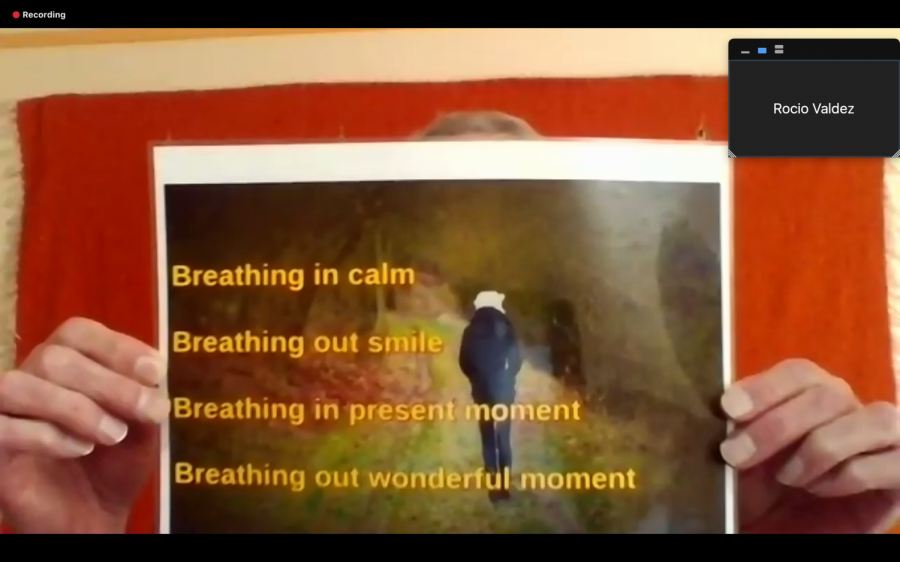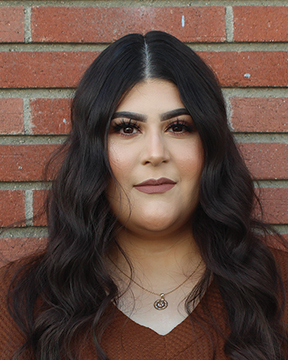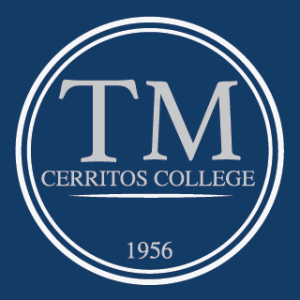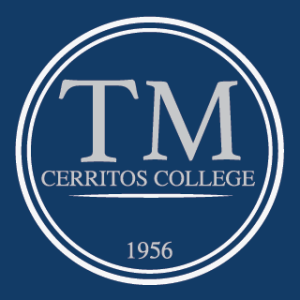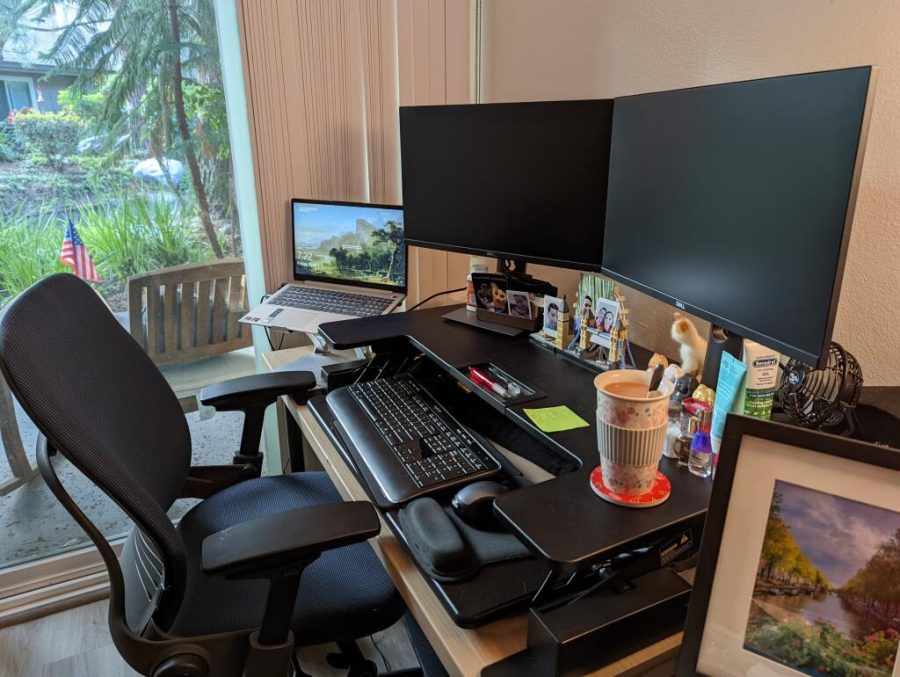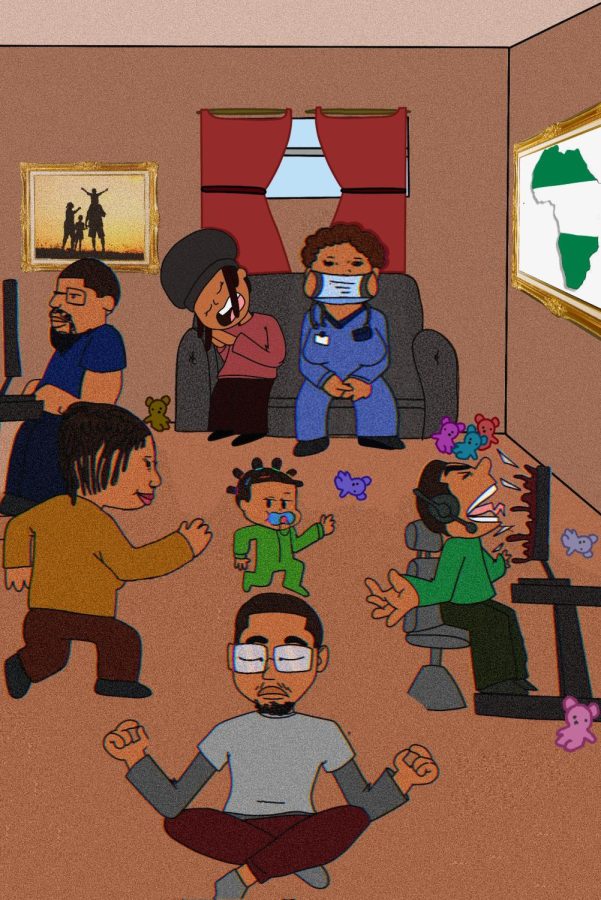Cerritos College Health Services has presented coping strategies to help students through the COVID-19 pandemic, offering virtual workshops like Managing Stress and Reducing Anxiety in Difficult Times held on April 15 via Zoom.
The COVID-19 mental health superpower webinar was hosted by college psychologist Dr. Humberto Hernandez with guest speaker Todd Denny, MSW.
The workshop included discussions to help students be healthier and happier both mentally and physically.
To start, Denny asked everyone that tuned in to turn off their cell phones to avoid distractions and to allow them to really be present in the moment.
Denny explained that people have many thoughts but most of those thoughts are repetitive, not empowering, so the workshop was intended to get students out of their head and more into their bodies by reducing, dissipating, and transforming difficult thoughts, feelings and emotions.
Denny shared a breathing exercise for the attendees to try along with.
He shared the fact that people breath about 30-40 thousand times a day so we never think about it.
“Most people shallow breathe, they breathe from their chest, that is associated with anxiety, fight, flight or freeze,” Denny said.
The Coronavirus is a virus that attacks the lungs so learning how to breathe properly will help to oxygenate the blood.
Breathing deeper can help students stay healthier and allows them to be more grounded and present.
Denny asked for all of the attendees to stand up and imagine that their breath is going from their chest to the belly (diaphragm breathing).
He walked through the breathing exercise, “put one hand in your chest, one hand on your stomach and take in a deep breath all the way to your belly and as you exhale relieve stress.”
He explained that doing conscious breathing is a part of mindfulness, a type of mental mastering which allows us to come back to the present, “breathing in calm, breathing out smile, breathing in present moment, breathing out wonderful moment.”
“There are emotional qualities that are associated with parts of our bodies,” Denny said.
“Well when we have the mindful breathing practice and we are also living in anxiety, fear, or grief, we want to acknowledge our feeling to recognize it, to accept it and then to breathe through it.”
Denny encouraged the attendees to practice mindful breathing to eventually be able to transform difficult thoughts and feelings.
He shared that the worst place to be when people are stressed, worried, anxious or afraid is to be in their heads (unless it is a life-threatening situation) and reinforced that 99% of the threats that we have are more cognitive than physical.
By learning mindful breathing, individuals also enhance their immune system.
Stress, anxiety, fear and worry lowers the immune system drastically. It is the fright, fight or freeze syndrome, Denny explained
“Look at your life right now, right here at this present moment. How are you doing?” he asked.
He encouraged everyone to think about not only the mental context of mental health but physically, because 99.9% of the attendees are doing fine in terms of COVID-19 virus because the rate of deaths from the virus is 0.1%.
“So let’s come back to this moment and acknowledge with an attitude of gratitude that most of you are fine in terms of health, you are here in the present moment and you will persevere and get through this time,” Denny said.
Denny shared words on other important topics like the importance of having healthy social connections and what we feed to our minds.
Hernandez shared that there are “good for you people” and “not so good for you.”
He emphasized that it is important to notice what kind of energy is being exchanged in relationships.
Sometimes the “not so good for you” people are quite draining and there is not good energy flowing back and forth.
Denny encouraged participants to take immediate breaks from checking social media, always but especially now.
He also suggested to have a ‘tool box’ with cognitive and physical distinctions and applications like learning how to consciously breathe, ‘next thought’, having wise friends, media breaks and turn off your phone.
Throughout the workshop, Denny allowed for an open conversation encouraging students to participate and share their experiences.
If students want to talk to a therapist or psychologist Cerritos College Health Services offers teletherapy and a crisis hotline.


